TRADITIONAL FRESHY™ Organic Kidney Cleansing Tea
$19.95 – $42.95
Do You Know How Our Lymphatic System Works?
The lymphatic system is a network of tissues and organs in the body that aids in the removal of waste products, poisons, extra fats, and other undesired substances. It employs the lymph nodes, tiny organs distributed throughout the body, to assist in removing waste products, dissolved lipids, and toxins from the lymph fluid.
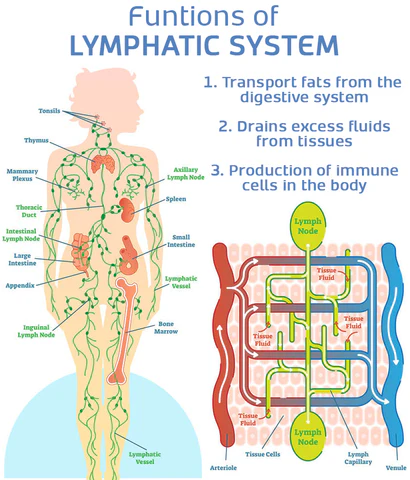
The lymphatic system plays a role in disposing of waste from the body. Lymph produced by lymph glands scattered throughout the body absorbs dead cells, excess fluid, and other toxins from food, and is recycled to the lymph nodes, where the toxins are filtered out into the bloodstream, into the skin, liver, or Kidneys and other excretory organs, and then excreted through sweating, defecation, and urination. Lymphatic blockage, which can also be brought on by waste and toxin accumulation, decreased immunity, and genetic anomalies of the lymphatic channels, can result in primary lymphedema.
What are the blockages that have an impact on the lymphatic system?
Defective kidney function can affect the veins, glands, and organs of the lymphatic system. Some occur before birth or over the course of childhood. Others are brought on by disease or damage. Both common and unusual diseases and illnesses of the lymphatic system include the ones listed below:
- Lymphadenopathy – Enlarged (swollen) lymph nodes
- Lymphedema – Swelling or accumulation of fluid
- Lymphoma – Cancers of the lymphatic system
- Lymphangitis – Inflammation of the lymph vessels
- Lymphocytosis – a condition in which there is a higher-than-normal amount of lymphocytes in the body.
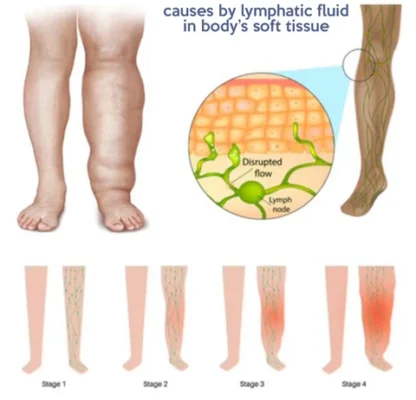
Kidneys also make hormones that help
- Controls blood pressure
- Makes red blood cells NIH external link
- Keeps your bones strong and healthy
- Improves bone hematopoietic function
- Enhance blood circulation, lymph circulation
- Eliminate lymphedema
- Prevent urinary tract infection, chronic kidney disease,kidney stones
How does the kidney work?
Each of your kidneys is made up of about a million filtering units called nephrons. Each nephron includes a filter, called the glomerulus, and a tubule. The nephrons work through a two-step process: the glomerulus filters your blood, and the tubule returns needed substances to your blood and removes wastes.
Each nephron has a glomerulus to filter your blood and a tubule that returns needed substances to your blood and pulls out additional wastes. Wastes and extra water become urine.
Your blood circulates through your kidneys many times a day. In a single day, your kidneys filter about 150 quarts of blood. Most of the water and other substances that filter through your glomeruli are returned to your blood by the tubules. Only 1 to 2 quarts become urine.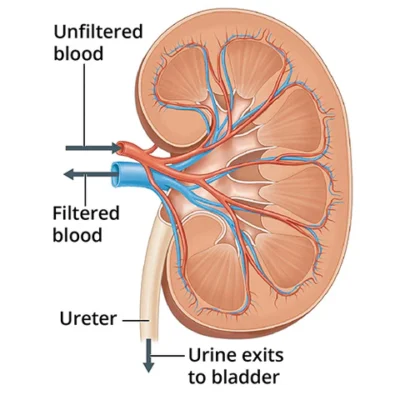
Unfiltered blood flows into your kidneys through the renal artery and filtered blood exits through your renal vein. The ureter carries urine from the kidney to your bladder.
Factors affecting kidney health
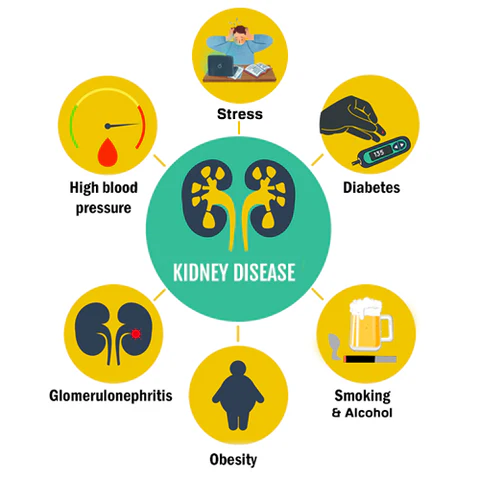
Unhealthy kidney Symptoms
The signs and symptoms of CKD can develop over time if kidney damage progresses slowly. Loss of kidney function can lead to increased fluid or waste products, electrolyte problems, and lymphedema, among other things. Depending on the severity, loss of kidney function may result in:

The key ingredient that makes TRADITIONAL FRESHY™ Organic Kidney Cleansing Tea so effective
Dandelion
has diuretic properties that can help increase urine production, which in turn helps to flush out toxins from the kidneys. It also has anti-inflammatory properties that can help reduce inflammation in the kidneys and improve overall kidney function. Additionally, dandelion is rich in antioxidants that can help protect the kidneys from damage caused by free radicals.
Polygonatum
Proven to solve kidney problems and give life extension by preventing kidney damage. There are various benefits such as lower blood pressure, lower blood sugar, lower blood lipids, prevent atherosclerosis, antioxidants, catechins, supplement blood, and ECGC. They are also very effective for diabetes, and have inhibitory effects on various bacteria and skin fungi.
Angelica roots
also known as the “stone breaker“, is a popular herbal folk remedy for kidney stones. The herb is thought to help prevent calcium-oxalate stones from forming. It’s also believed to reduce the size of existing stones. Relevant authoritative research institutes in the United States have shown that Angelica roots can improve immunity, relieve headache, insomnia, and effectively inhibit the formation of melanin such as freckles, dark spots, and age spots. Angelica also has the effect of treating Alzheimer’s disease.
Epimedium
Japanese scientists have shown that it can inhibit the metastasis of sarcoma and Lewis lung cancer, and can also prevent chemical carcinogenesis and Escherichia coli infection. At the same time, Belgian experts have confirmed that it can enhance the immune function of normal cells to cancer cells. In addition, Epimedium can also prevent aging and cardiovascular diseases, increase male hormones, relieve waist and leg pain, cough and asthma, urinary incontinence, high blood pressure, infertility, etc. caused by kidney yang deficiency. Menopausal women also It can be used for health care.
TRADITIONAL FRESHY™ Organic Kidney Cleansing Tea Key features
- Revitalize Kidney functions
As it stimulates blood and accelerates lymph circulation, this prevents any accumulating damage from the kidney & revitalizes its function. - Detoxify
Helps to detoxify kidneys against harmful toxins due to risk & wrong lifestyle habits. - Improves overall body Health
This gets rid of fatigue, tiredness, and itchiness while boosting circulation which provides energy, & strength! - Natural & safe
We combine powerful herbs to help support kidney health: Dandelion, Polygonatum, Dried Angelica, and Epimedium.

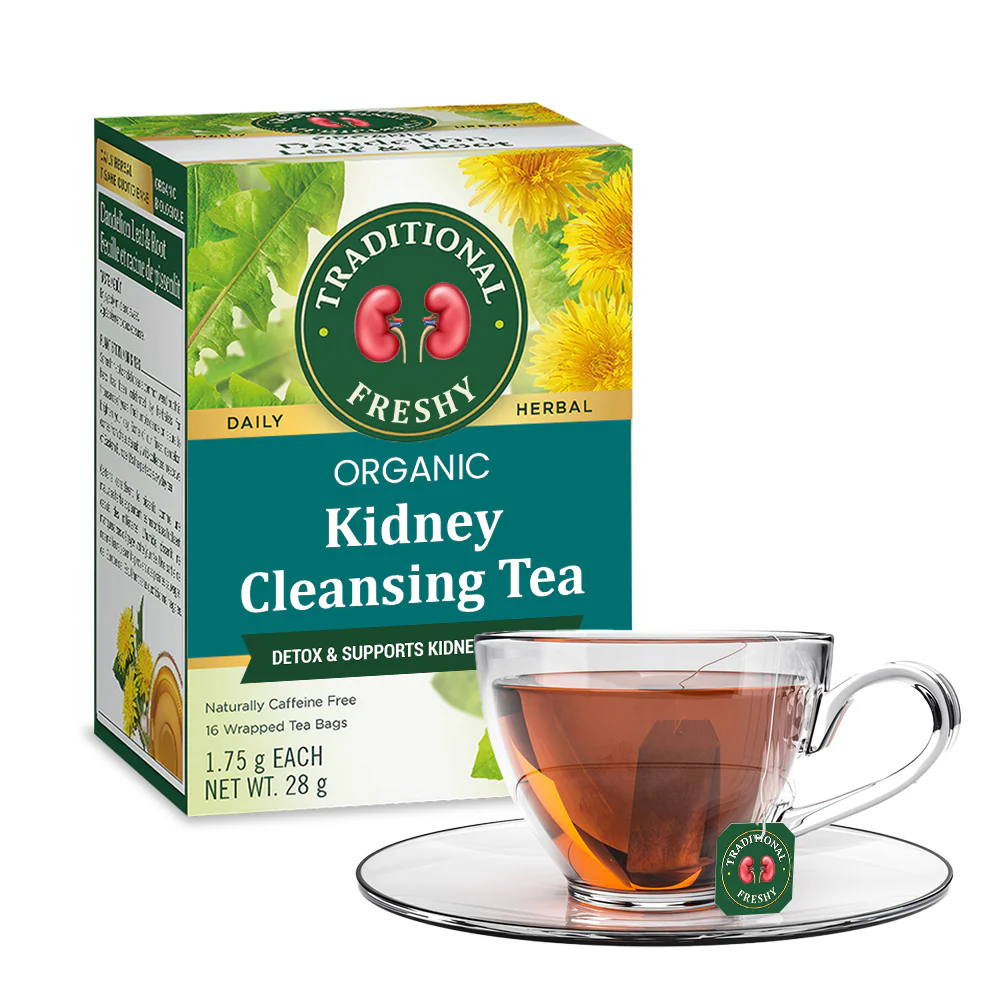




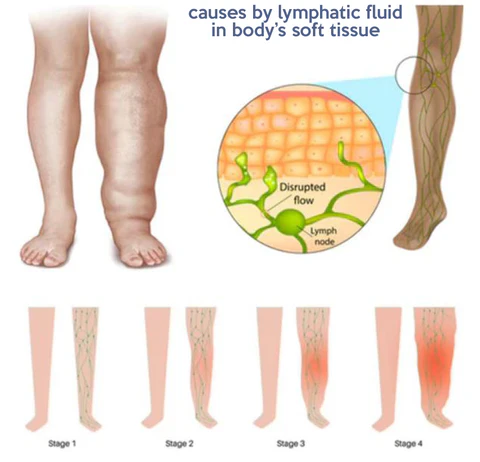





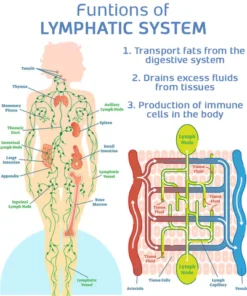
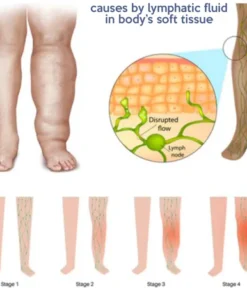














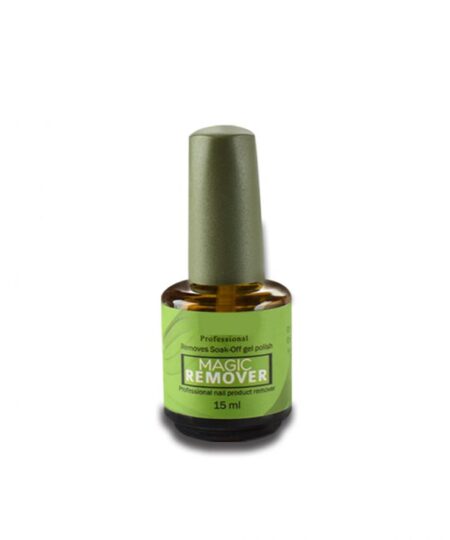


Reviews
There are no reviews yet.